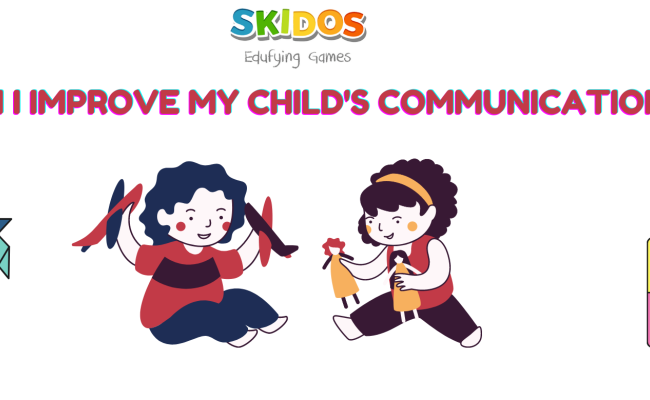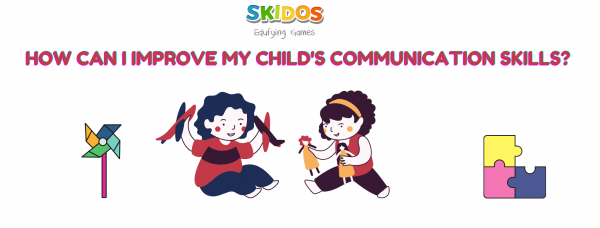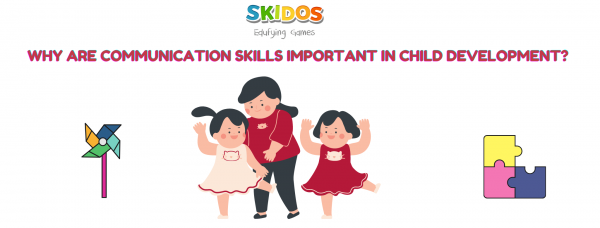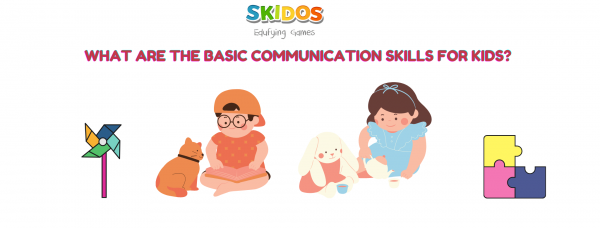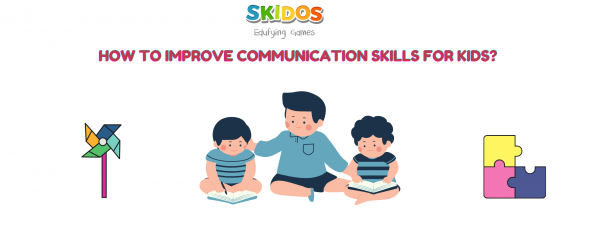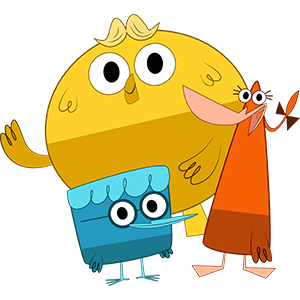#1 Talk with your children more often
Kids can learn a lot by imitating their parents and if parents talk to their kids in a regular basis, they can have a greater chance to develop their communication skills. In some cases, children who have trouble communicating may be reluctant to talk at all.
The ultimate goal is to make your kids feel comfortable to start and continue the conversation with you. It is important that parents and school teachers give children encouragement to engage in conversation as much as possible, keep patient to listen to them and ask them relevant questions.
After children got involved into the talk, they can feel more comfortable sharing information and ideas.
There are many occasions to chit chat with your kids, for example, when you all have family meals, go out for a walk in the park, drive your kids home after school or when you all watch T.V together.
Remember to find the relevant topic that your children are interested in for them to be open to express their thoughts with you more easily and hence foster them to deliver meaningful exchange of information with others.
Remember, for children to speak well, parents need to pay attention to speak with correct pronunciation and right grammar in a right speed. That way, children can learn how to speak appropriately from parents.
#2 Play story telling with children
Parents can share what they do and encounter during the day and ask your children back to make it become a daily habit. If parents and children are accustomed to telling their stories with each other, it can make it easier to communicate when big issues may arise.
In the conversation, parents can also teach their children new words and correct their grammatical errors as well as guide them to use interesting phrases.
Parents can also play story telling games with kids by providing kids with colorful pictures. You can request him to arrange pictures in a logical sequence and make a story from it. Do not forget to get involved with kids’ stories by asking some questions such as, “What will happen next?”, “That is terrific! How did that happen?”
| >>> Read more about another important 21st century skills: Critical Thinking for Kids: Why, Benefits & Tips [Completed]
#3 Teach children about body gestures
When communicating with your children, please make proper eye contact with them. It is better that parents maintain good eye contact with them by sitting down and looking at them in the eyes. It is a way to make them feel comfortable and display your appreciation for their active participation in the conversation.
Sometime, it can be tricky for kids who have communication troubles to understand about nonverbal cues, also known as body language. Parents can show their children how to practice body languages and explain the meaning of body language to them. For example, you can tell them: “Mama is crossing my arms because I feel a bit angry,” or “When you roll your eyes at me, I feel disrespected.” By doing so, children can develop their communication skills much better and faster.
In conclusion, the ability to communicate effectively is a key skill for kids and Skidos believes that there will be a great deal of useful suggestions for fostering communication skills in children available out there. If you have any thoughts or tips, please let us know!
Join us to develop your child 21st century skills completely!
Subscribe to the SKIDOS Universe to give them Learning Games for Kids!



